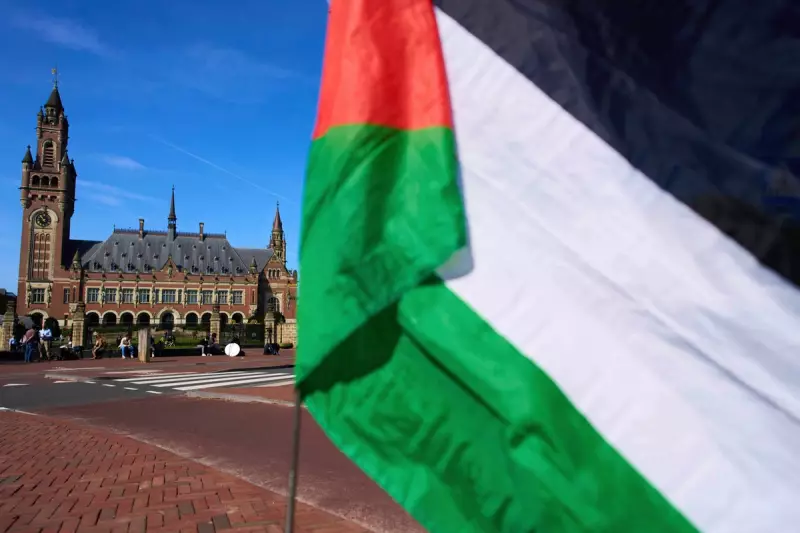
In a dramatic escalation of international legal pressure, South Africa has filed a case against Israel at the International Court of Justice, accusing the nation of committing genocide against Palestinians in Gaza. The case represents one of the most significant legal challenges to Israel's military campaign following Hamas's October 7th attacks.
The Legal Battle Begins
The 84-page application submitted to the UN's principal judicial organ alleges that Israel's conduct in Gaza "violates the Genocide Convention." South Africa is seeking urgent provisional measures to immediately halt Israel's military operations in the ravaged coastal territory.
Israel has vehemently rejected the allegations, with a spokesperson from the foreign ministry dismissing the case as a "blood libel" and asserting that South Africa is cooperating with "a terrorist organisation that seeks to destroy Israel."
What the Case Alleges
South Africa's legal team contends that Israel's actions are "genocidal in character" because they're intended to bring about the destruction of a substantial part of the Palestinian national, racial and ethnic group in Gaza. The application details:
- Widespread killing of Palestinians, including over 21,500 casualties according to Gaza health officials
- Causing serious mental and bodily harm to survivors
- Deliberate imposition of conditions calculated to bring about physical destruction
- Mass displacement and blockage of essential humanitarian aid
Israel's Stance and International Reactions
The Israeli government has maintained that its military operations target Hamas militants rather than Palestinian civilians, arguing it takes unprecedented measures to minimize civilian casualties. An Israeli government spokesperson stated they would appear before the court to demonstrate how their military actions comply with international law.
The case has drawn international attention, with several countries and human rights organisations closely monitoring developments. The ICJ, as the UN's main judicial body, handles disputes between states, though its rulings can be difficult to enforce.
What Happens Next
The International Court of Justice will now consider South Africa's request for provisional measures, which could include orders for Israel to suspend military operations. While the court's decisions are legally binding, enforcement ultimately depends on the UN Security Council, where the United States has previously used its veto power to shield Israel from similar actions.
This legal confrontation marks a significant moment in the ongoing conflict, potentially setting precedents for how international law applies to military operations in densely populated urban areas and the interpretation of genocide conventions in contemporary conflicts.





